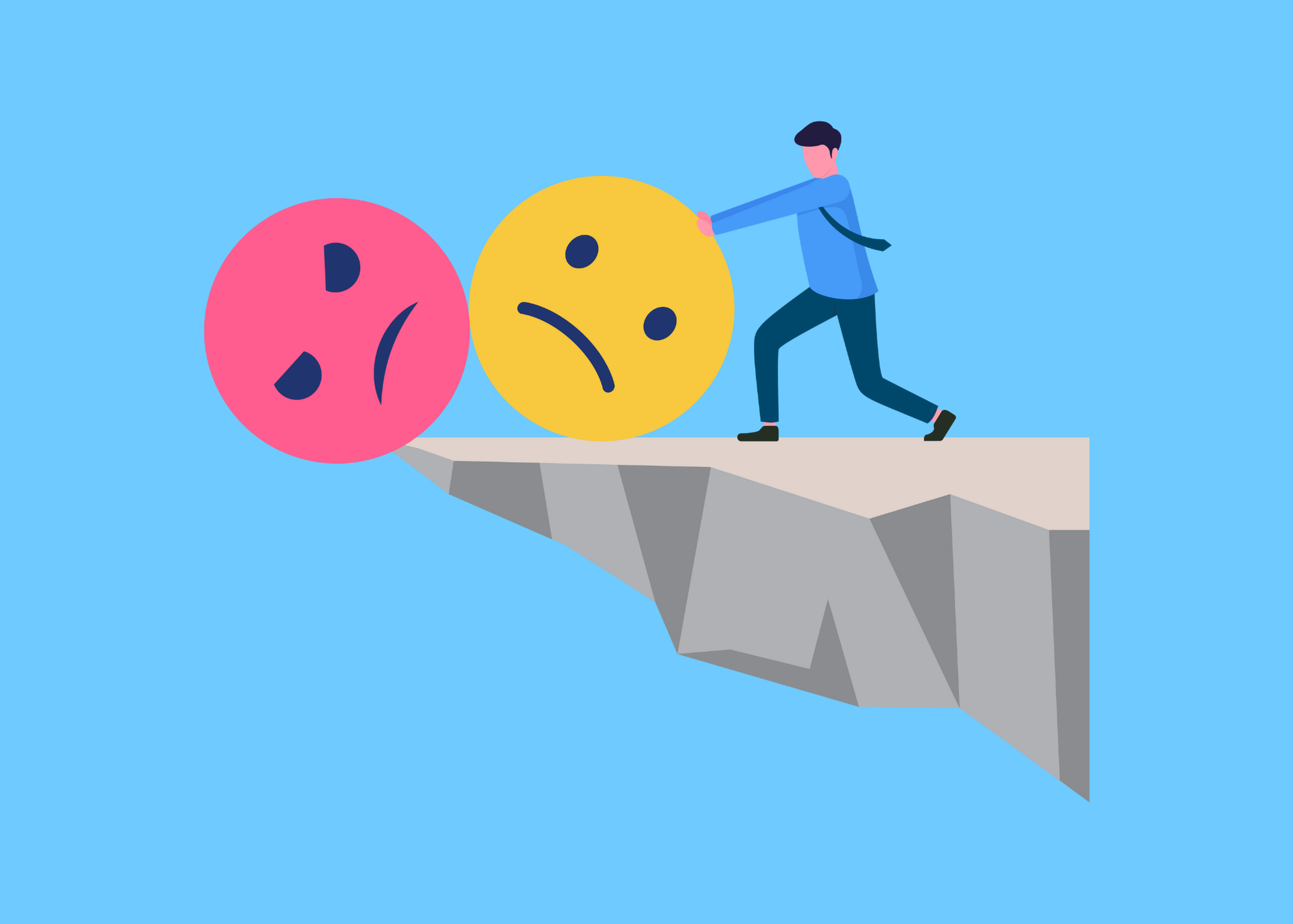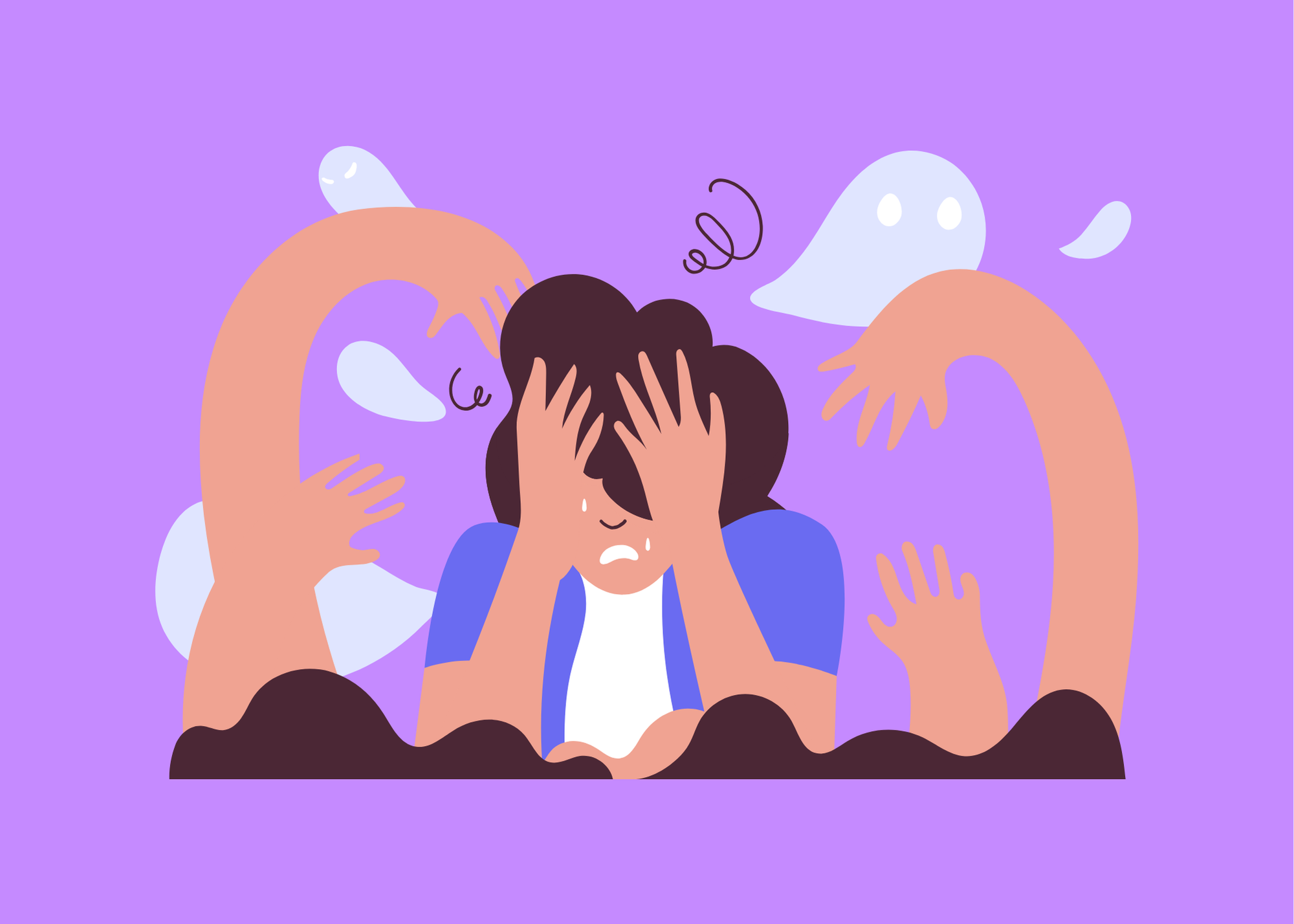What Chronic Stress Does to Your Body and How to Reverse It
Disclaimer: This article is based on my experience as a health and wellness coach and is not a substitute for professional mental health advice. Please consult a licensed therapist for personalized support.
95% of all illness is caused or worsened by stress. Do something about it.
Stress is a natural part of life, but when it becomes constant—lingering for weeks, months, or even years—it can take a serious toll on your body. Chronic stress isn’t just about feeling overwhelmed; it disrupts nearly every system in your body, affecting your sleep, metabolism, mental health, and long-term well-being.
For busy professionals, the impact can be even more severe. The pressure to perform at work, maintain personal relationships, and keep up with daily responsibilities often leads to prolonged stress that quietly damages health over time. But the good news? Your body is incredibly resilient, and with the right strategies, you can reverse the effects of chronic stress and regain control of your energy and well-being.
Let’s dive into what chronic stress does to your body—and, more importantly, how to stop it.
What Chronic Stress Does to Your Body
When you experience stress, your body activates its fight-or-flight response—a survival mechanism designed to help you react to immediate danger. While short-term stress can be beneficial, chronic stress keeps your body in a prolonged state of high alert, leading to serious health consequences.
Brain and Mental Health
Memory and Focus Decline: Chronic stress floods your brain with cortisol, which can shrink the hippocampus, impairing memory and learning.
Increased Anxiety and Depression: Stress dysregulates neurotransmitters like serotonin and dopamine, making it harder to regulate mood and emotions.
Cardiovascular System
High Blood Pressure: Stress hormones increase heart rate and constrict blood vessels, raising the risk of hypertension.
Higher Risk of Heart Disease: Chronic inflammation from stress contributes to arterial plaque buildup, increasing heart attack and stroke risk.
Metabolism and Weight
Weight Gain and Belly Fat: Cortisol spikes trigger cravings for high-calorie, sugary foods, leading to fat accumulation around the abdomen.
Insulin Resistance and Diabetes Risk: Persistent stress can elevate blood sugar levels, raising the risk of metabolic disorders.
Immune System
Weakened Immunity: Stress suppresses immune function, making you more susceptible to colds, infections, and slower healing times.
Muscles and Joints
Chronic Pain and Tension: Stress tightens muscles, contributing to headaches, neck and back pain, and joint discomfort.
Increased Injury Risk: Ongoing stress can lead to inflammation that wears down joints, making movement painful.
Sleep and Energy
Poor Sleep Quality: Stress disrupts sleep cycles, leading to insomnia, restless nights, and frequent waking.
Constant Fatigue: Lack of restorative sleep leaves you exhausted, foggy-headed, and unable to focus.
How to Reverse the Effects of Chronic Stress
The effects of chronic stress are serious, but they’re not irreversible. By making strategic lifestyle changes, you can repair the damage and build long-term resilience.
1. Move Your Body (Without Burning Out)
Exercise is one of the most effective ways to combat stress, but high-intensity workouts aren’t always the answer—especially if you’re already exhausted.
Low-impact movement (like walking, yoga, Pilates, or swimming) helps reduce cortisol without overloading your system.
Strength training boosts mood, regulates blood sugar, and improves metabolic health.
Make movement practical by incorporating activity into your routine (walking meetings, stretching breaks, or biking to work).
2. Optimize Sleep for Stress Recovery
Quality sleep is essential for reversing the effects of chronic stress. To improve your sleep:
Stick to a schedule: Go to bed and wake up at the same time every day—even on weekends.
Create a wind-down routine: Ditch screens an hour before bed, and opt for calming activities like reading or meditation.
Support deep sleep: Keep your bedroom dark, cool, and quiet. Try white noise or blackout curtains if needed.
3. Fuel Your Body for Resilience
Your diet plays a crucial role in managing stress and balancing hormones.
Eat anti-inflammatory foods: Prioritize whole foods like leafy greens, lean protein, healthy fats (avocados, nuts, olive oil), and fiber-rich carbohydrates.
Limit stimulants: Reduce caffeine and alcohol intake, as both can disrupt sleep and elevate cortisol levels.
Stay hydrated: Even mild dehydration can trigger stress responses—aim for half your body weight in ounces of water daily.
4. Build a Personalized Stress Management Toolkit
Instead of generic advice, find stress-relief strategies that fit your lifestyle.
Breathing exercises: Try box breathing or diaphragmatic breathing for instant calm.
Short mindfulness breaks: Even five minutes of meditation or deep breathing can reset your stress response.
Time in nature: Walking outside or even sitting in a park can lower stress hormones and improve mental clarity.
5. Redefine Success and Set Boundaries
Overachievement and people-pleasing often keep high performers trapped in the stress cycle.
Reevaluate priorities: Shift from “doing more” to focusing on what truly matters.
Learn to say no: Protect your time by setting firm boundaries around work and obligations.
Break tasks into small steps: Prevent overwhelm by tackling big projects in manageable chunks.
6. Seek Support and Accountability
Stress recovery isn’t something you have to do alone.
Therapists or Coaches: A burnout recovery coach can help you identify stress triggers, build resilience, and create an action plan for sustainable health.
Social Support: Lean on friends, family, or support groups who encourage healthy habits.
Workplace Adjustments: If possible, negotiate flexible hours, workload adjustments, or mental health resources.
Breaking the Cycle of Chronic Stress for Good
Many high achievers fall into the trap of thinking they can “push through” stress indefinitely. But ignoring burnout can lead to long-term health issues, career setbacks, and a diminished quality of life.
The real solution isn’t just about better sleep, exercise, or nutrition—it’s about changing the patterns that keep you stuck in stress mode. That means:
Recognizing and rewiring unhealthy habits (like overcommitting or neglecting self-care).
Shifting your mindset to prioritize balance and well-being over constant productivity.
Investing in recovery by taking intentional steps to recharge, rest, and regain control over your health.
Your health is your most valuable asset. The sooner you take steps to reverse chronic stress, the sooner you’ll feel more energized, focused, and in control of your life
Final Thoughts
Stress is a part of life, but it doesn’t have to define it. By understanding how chronic stress affects your body and taking actionable steps to reverse the damage, you can reclaim your energy, resilience, and vitality.
As a health coach and fitness trainer, I help busy professionals overcome stress and burnout with science-backed strategies for sustainable well-being. Let’s create a personalized plan that fits your lifestyle and goals.
Need Help? Chronic stress does real physical damage to your health.
Stress impacts your hormones, your immune system, your gut, your brain.
This isn’t just “mental.” It’s metabolic. It’s physical. It’s real.
💡 Let’s get your nervous system out of overdrive. Book your free 20-minute consult today.
Disclaimer: The information provided in this article is for informational purposes only and is based on my expertise as a health and wellness coach specializing in stress management and burnout recovery. I am not a licensed therapist, psychologist, or medical professional. If you are experiencing significant mental health challenges or believe you may need professional mental health support, I encourage you to consult with a qualified therapist or healthcare provider.
Article References
The sources cited in the article:
Columbia Doctors. "Chronic Stress Can Hurt Your Overall Health." Columbia Doctors - Chronic Stress Can Hurt Overall Health
National Institutes of Health (NIH). “The Effects of Chronic Stress on Health.” NIH - Effects of Chronic Stress on Health
American Psychological Association (APA). "Stress Effects on the Body." APA - Stress Effects on the Body
Mayo Clinic. "Chronic Stress Puts Your Health at Risk.” Mayo Clinic - Chronic Stress Puts Your Health at Risk
Yale. “Chronic Stress.” Yale - Chronic Stress






